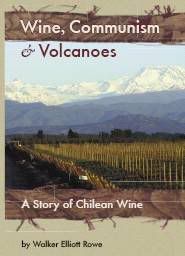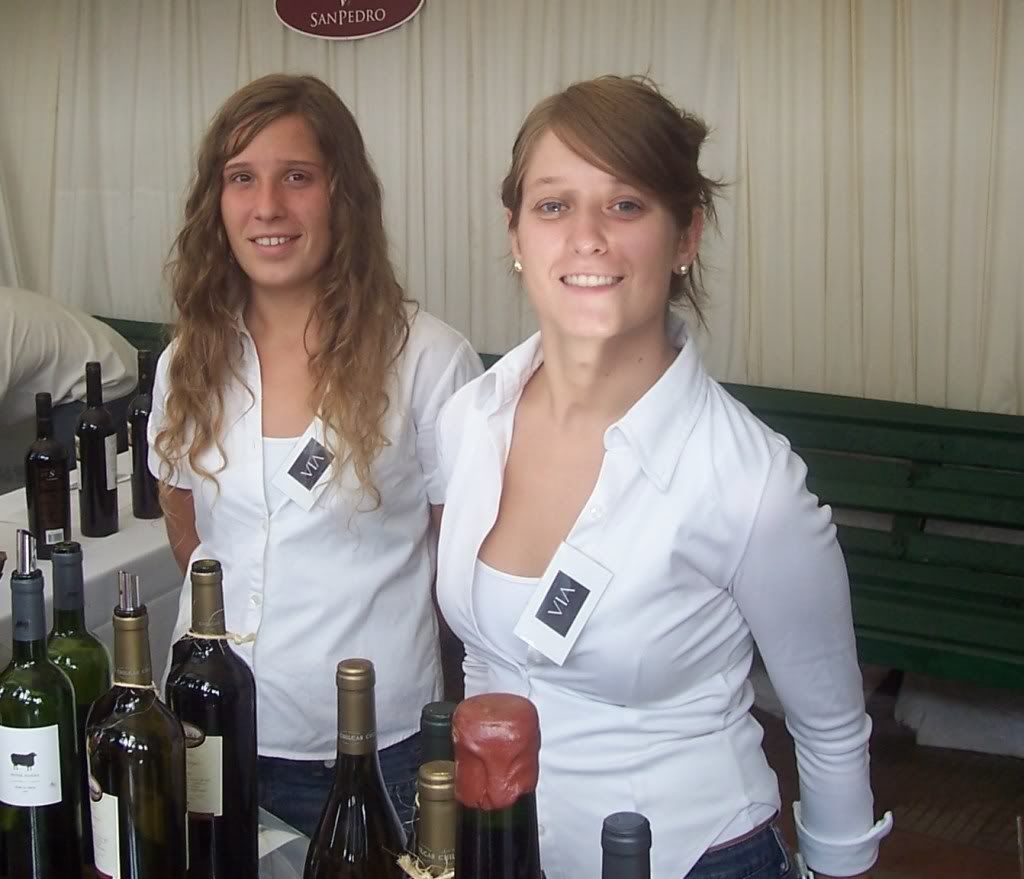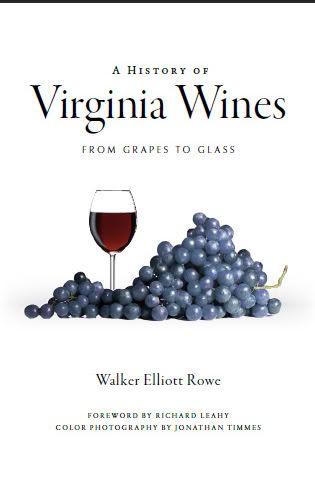 |
Isabelle Allende writes in her memoirs that one Chilean writer wondered if Chile could be sold and traded for something “closer to Paris”.
The writer no doubt wanted to be closer to the glittering salons of the 13th arrondissement than the isolation, which is Chile. Surrounded by the Atacama Desert to the North, the Polar Regions to the South, the towering Andes to the east, and the freezing Pacific Ocean to the west, this narrow ribbon of volcanoes, geysers, and towering mountains is a geographical oddity unlike no other. From the point of view of the North American, Chile is upside down. Winter is in June, July, and August. The Southern Cross constellation illuminates the night sky.
The entire region north of Valparaiso down to Concepción in the South appears carpeted with vineyards, orchards, and produce ranging from onions to oranges. The Chilean farmer is perhaps frustrated that it is not possible to plant each and every inch of ground here—so much space is taken up by all those annoying mountains that run from the coast to the center of the country, lay down for a few dozen miles, then resume their march to the border with Argentina.
With irrigation provided by rivers swollen with melting snow and a Mediterranean climate, Chile is an agricultural paradise. The weather is bone dry here which means roses and grapes are free of those molds and rots that are associated with humidity and rains. Cold breezes at night descend from the Andes mountain onto the ¼ million acres of grapes planted here. This cool air causes grapes to retain rather than cast off their acidity—acid is an important component of taste. In the daytime in Chile it is hot, but not so hot that the grapes turn to raisins and lose their flavor.
Chile might be the marketing and winemaking machine to displace the Australians who currently enjoy ½ of grocery store sales in the USA with their cheap wines with cute animals plastered on the label. The whole country of Chile is geared towards exports—drinking powdered orange drink at the winery where I worked for three months I wonders whether the Chileans keep anything for themselves. The country enjoys low costs that cannot be matched by Australian and European growers. California grape growers and winemakers are of course saddled with even higher prices for grapes, land, and labor plus heavy-handed local regulation. The take away message from Chile is you can buy excellent Chilean wine for a low price. But not all Chilean wines are excellent--like Italy, the USA, and Australia there are foul-tasting, sour wines here as well sold to unwitting consumers who perhaps cannot tell the difference.
Beyond grapes and geography, the politics of Chile make it a unique place. Chile is perhaps the only country in the world to have elected a Communist government. President Allende ruled for a few years in the early 1970’s until he was killed in a military coup aided in part by the United States. His successor, General Agusto Pinochet, left a brutal legacy that resonates today.
Today Chile is the most stable, least corrupt, and perhaps most prosperous country in Latin America. Some would say this is because of Pinochet and his policies. These Pinochet apologists would say, “Sure Pinochet killed 3,000 pointy headed intellectuals but look at the prosperity he foisted upon the nation.” Pinochet was such a believer in laissez faire capitalism that he even privatized the national social security pension system.
But the sentiment for Socialism runs strong in Chile. In the 1960s, President Eduardo Frei nationalized a source of great wealth, the copper industry by seizing it from American interests. The Marxist Allende continued this nationalization program seizing banks and taking land from the wealthy. Socialists outnumber conservatives here. In spite of heavy spending by the moneyed interests, in the presidential election of 2006 a Socialist woman, Michelle Bachelet, followed Ricardo Largos, the Socialist incumbent into office.
When Salvador Allende came to power the rich women of the wealthy barrio of Las Condes in Santiago turned out with their kitchenware in a noisy protest of pots and pans saying they would starve to death at the hands of the socialists. The United States at this time was busy fighting the Cold War with the Soviets. For many years the Monroe Doctrine said the USA would not allow a foreign government to gain a toehold in the Americas. President Richard Nixon and Secretary of State, worried at what was happening in Chile, got even more agitated when President Allende invited Fidel Castro to visit Chile. Castro, who is known to be a bit longwinded, stayed in Chile not a few days or a few weeks; for 8 long months he traveled the breath of this narrow country giving speeches to mine workers, students, and anyone who would listen.
To USA decided to act. It is well-documented in various books and declassified papers that the USA began a campaign of destabilization. The CIA funded money to journalists and politicians to upset the status quo. The oligarchs cast their lot with the Americans and persuaded a reluctant Agusto Pinochet to seize power in a military coup. When he came to power vengeance again the communists was swift and brutal. Writers, student activists, and intellectuals were rounded up and tossed into prison, tortured and exiled. Pablo Neruda, the Nobel Prize winning poet, fled over the border into Argentina. Isabelle Allende left with her family leaving behind memories of her uncle, the late president.
Chile is free of military dictatorship today, but the legacy of Pinochet still resonates around the nation. Many of the provincial cities have human rights judges to deal with the 3,000 desparecidos (disappeared persons). And Pinochet—who granted himself lifetime immunity--is finally being brought to justice. The British seized him under a Spanish extradition warrant when he went to England for medical care in 1998. But Home Secretary Jack Straw let him go after a months-long tug of war between Spanish jurisprudence, Scotland Yard, and Chilean supporters of Pinochet. Pinochet often has ducked trial and prison by saying he is too old and sick but today he has been prosecuted for tax evasion, has been placed under house arrest, and even has seen his children brought before judges in Chile on charges of corruption.
This book is a memoir of the three months that I spent working the harvest at VIA Wines in the Maule and Colchagua Valleys in Chile in 2005. Go with me as I take the reader for an inside look at how wine is made in an industrial sized winery. I talk about the people and the process. Beyond VIA Wines I take extended tours of the best wineries of Chile and talk to the most important winemakers there. Listen as the people I meet in Chile talk to me about politics and race; poverty and wealth; Pinochet and Allende. I made a lot of friends there and from them learned about the educational system, how the cell phone and transportation systems work, and the difficulties faced by single mothers. I take the reader into the homes of the poor agriculture workers, on a tour of the Villarica Volcano, and even a visit to one of the legal brothels here.






No comments:
Post a Comment